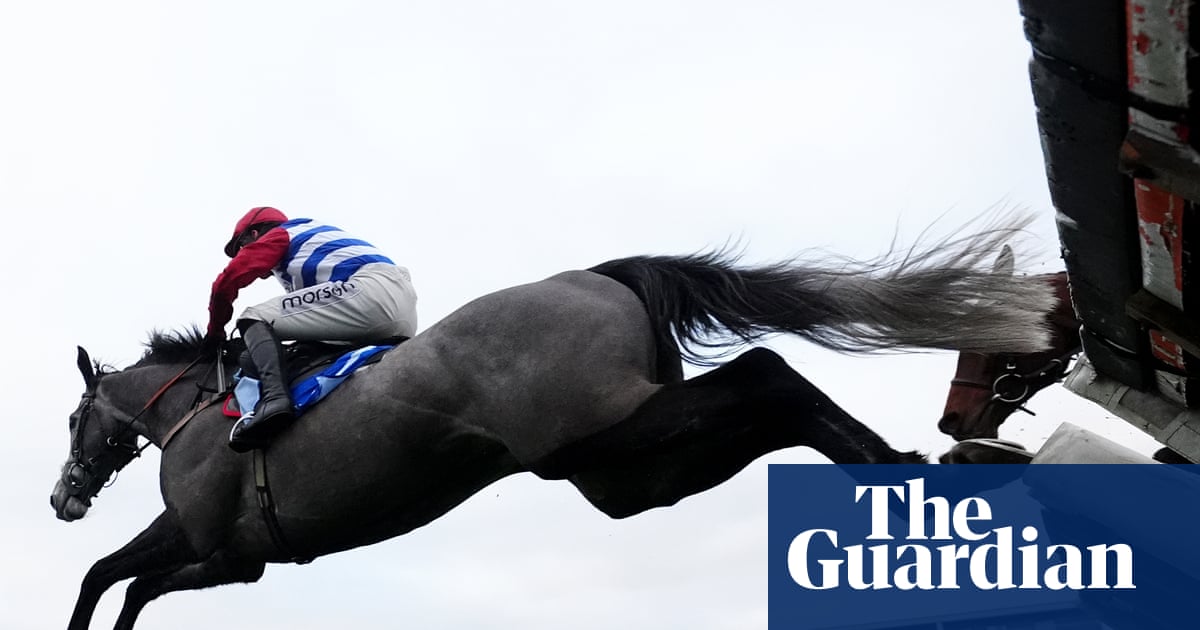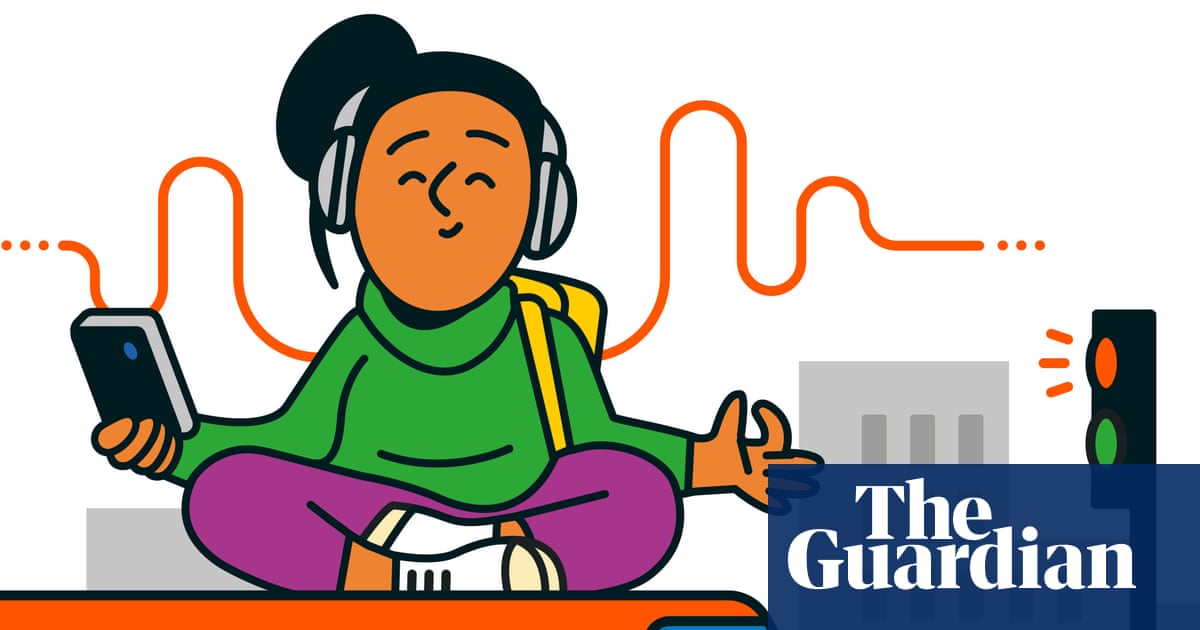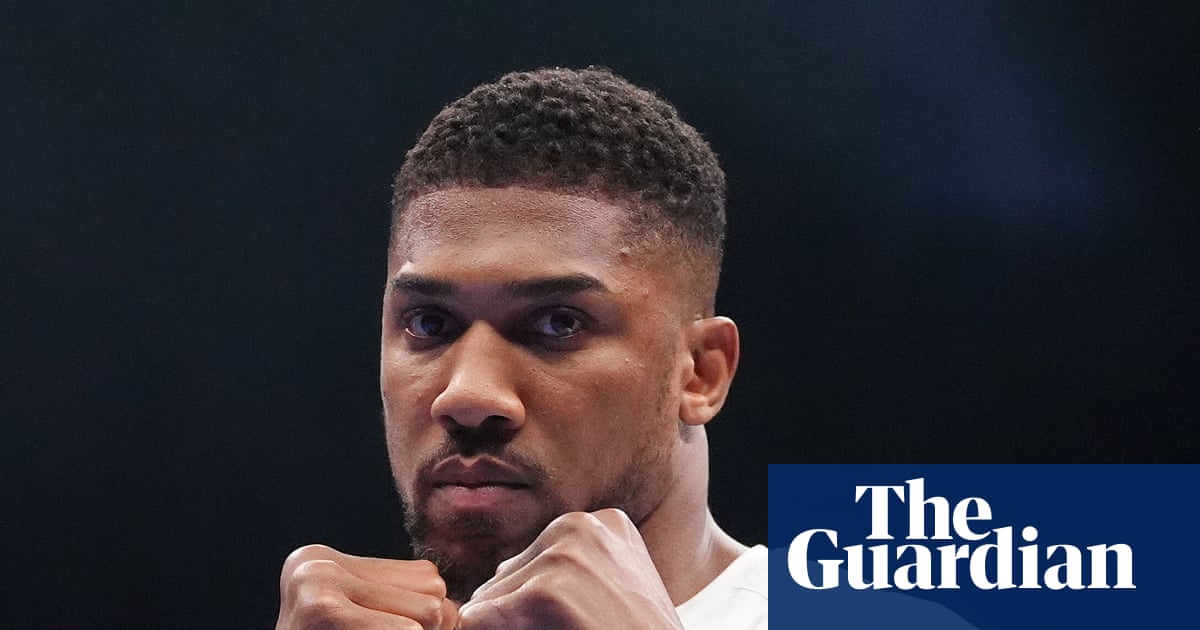Many lifelong alliances begin with a period of mild intimidation, and so it was with my friendship with Nichola. We were 18, in the first year at university, and shared a few French classes. I didn’t know her name, had never heard her speak in English but, with her voluminous curls and friendly, curious stare, she stood out. I assumed she would be too cool to hang around with someone like me.
One weekend, at a student social in the grotty union bar, booze acted as an icebreaker and the guardrails dropped. Nods of recognition in the corridor became cheery hellos, then toasties in the cafe, followed by nights out and nursing hangovers in front of the TV in our dilapidated student houses.
She was from Derry, I am from Yorkshire, and we bonded over being far from home, not quite slotting into the rapidly forming cliques, and, like most students in the 90s, never having any money. If one of us happened to get hold of some – from a part-time job, a birthday or a compassionate bank manager – then it meant we both had money. Before our autumn term grant cheques had even cleared, we would race off to buy something new to wear to cheer ourselves up, living off tea and toast and £1 pints until the next windfall.
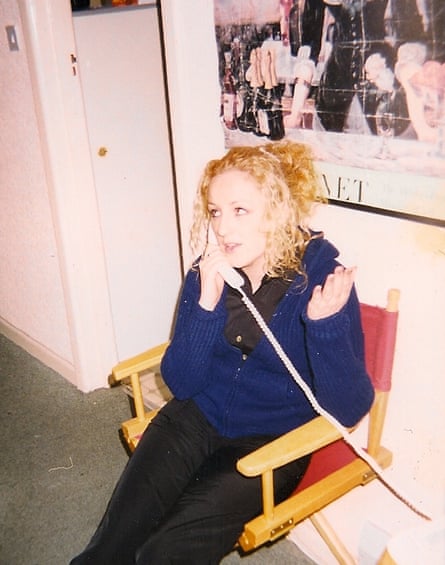
After a couple of years, we befriended Emma (not her real name), and the three of us weathered life’s milestones together. Nichola had her first baby the same year I came out as gay, and we survived relationship changes, career shifts, house moves and family dramas. Her successes, of which there were many, were ours; we felt each other’s tragedies as if they were our own.
Once we were “proper grownups”, Emma and I would spend Sundays at Nichola’s house with her, her husband, and two children, doing “Sunday club”: cooking a roast together, gossiping, cracking jokes and dancing in the kitchen to songs from our youth. I had a piece of heaven and didn’t realise until it was taken away.
The call came from Emma, one hot summer afternoon. Glancing at my phone screen, I assumed it was a last-minute catch up about the Sunday club holiday to Spain we were booked to go on in two weeks’ time. Nichola had died suddenly and unexpectedly; there was nothing anyone could have done.
Hearing the news was the strangest, most terrifying experience of my life. I felt something primal, almost, in the shock and panic of my immediate grief. I’d been devastated to lose my grandmothers years earlier, but I understood that was the order of things; dying in old age. Nichola’s death was extraordinary, alien. It didn’t make sense, it couldn’t be true – we had been texting the day before, we had plans that weekend, holiday shopping to do. It was a random Wednesday; how could this nothing of a day become so significant in a flash? The day of her death is a dark, misshapen jigsaw piece that doesn’t fit the blue-skied, happy and silly puzzle of a life we had shared. I remember it with photographic horror.
In the following days and weeks, Emma and I parked our grief, prioritising Nichola’s family. They would be hit hardest by her death, after all – especially her young sons. Along with other relatives, we kept things ticking over, and tackled agonising admin duties. I wrote and read a tribute at her funeral on behalf of her friends, and assigned myself the task of cancelling the holiday. The travel company were monsters and treated me as if I was attempting fraud. They demanded to speak to Nichola’s devastated husband and requested details locked away in her work email. I remember taking scans of her passport and death certificate to secure a potential refund – nothing hits you with the truth harder than plain English, in ink, on official paper. Her home felt so different, the rooms larger and starker, echoey. It was like a bad dream, really, except I’ve never woken up from it.
Busying yourself with practicalities is a survival technique but, if anything, it delayed processing Nichola’s death. Leaving the immediate bubble of mourners was difficult. The world looked exactly the same, but my heart felt cratered, the intensity of my grief impossible to convey to outsiders.
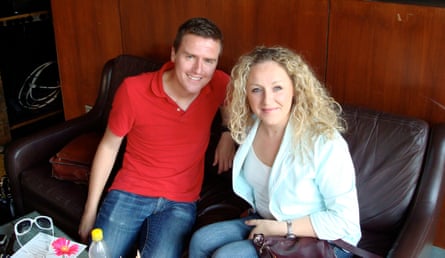
When we consider others’ grief, we default to relationships’ natural hierarchies as a benchmark. As a society, we recognise the scope of devastation of losing a family member; it needs little context, even for those harbouring resentments. Her children would never have another mother, her husband had lost the love of his life and, as a daughter and sister, she was irreplaceable. Such losses are devastating and transformative. A friendship is harder to quantify. What right did I have to grieve for her so powerfully when I had other friends?
The depth of my grief seemed to confuse people who didn’t know her. They would ask how close we were, how long I’d known her, how often we saw each other. I felt I somehow had to justify it, and stress how much she meant to me. I began to feel guilty, as if I didn’t have a right to be so utterly lost when the lives of those closer to her had been torn apart.
After losing a family member, nobody expects much from you for months, but Emma and I had to get back to work. I was given one week off from my freelance role; Emma spent days at her desk, fighting back tears, barely concentrating. We weren’t ready, but grief is inconvenient for others and has a time limit; your sadness makes them uncomfortable.
The gaps in my life crept up on me. One fewer birthday text comes through, a new juicy piece of gossip goes untold, your calendar has more blank spaces, once-shared activities become less fun. One of the first things Nichola and I would do on meeting up was appraise each other’s outfits. All these years later, when I buy something, I try to picture her reaction. Emma does the same.
Maybe we overlook the grief of friends because “friend” is a cover-all label, applied to workmates and acquaintances as well as bosom buddies, offering no clue to the importance you have in each other’s lives. Friends perform different functions: the oracle, the confidant, the party animal, the organiser, to name a few. Some do it simultaneously, while others are specialists. I miss Nichola’s level-headedness and knack for empathy; she talked us all off so many ledges. I miss being her sounding board and my opinion being trusted so implicitly. There is no greater honour than being someone’s go-to. I miss Sunday club.
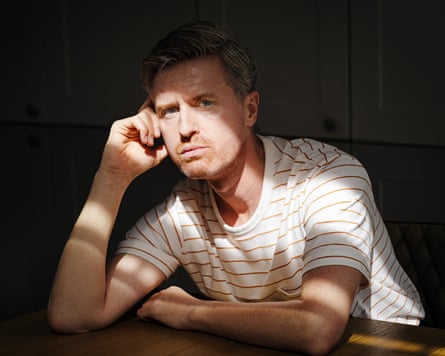
Grieving a friend is more than simply mourning their death. Friendships are ongoing conversations, evolving shared histories. They predate and outlast romances, endure through births, deaths, and divorces; our friends witness every version of ourselves, treasure secrets, corroborate testimonies. Now, some of my most formative years are tagged with “citation needed” – but it will never come.
As a friend, you may question your credentials. Nichola’s bond with her family was in their DNA, unspoken, a love that shone for all to see, but I began to wonder; was I a good enough friend? Did she know how much she meant to us, that Emma and I considered her a sister?
Nichola and I argued only twice during our 25-year friendship (both rows were my fault) but decades of guilt, unspent, rushed back: messages I forgot to answer, catch-ups I missed, the times I’d been a dick and wasn’t taken to task. I had run out of time to make amends; proof of my affection came too late, in a eulogy she would never hear, and sleepless nights trying to remember her voice, or looking at the few photos of us together. We were too busy living life to document it; I wish we’d paused more to recognise what we had. The future looked so exciting until we ran out of it.
Anyone I speak to who has also lost a close friend talks of the strange emptiness that comes from being a dotted line in someone’s life, about the aimlessness of their grief. There is no manual, and the much-quoted (sometimes to my face) seven stages of grief oversimplify it. Friendships are as precious as familial bonds, shaped by the times you share. “Nichola wasn’t just some two-dimensional sort of friend who could be replaced,” Emma told me. If someone has lost a friend, a piece of them is missing; we should perhaps remember that.
So how do you get through it? It’s that old cliche: one day at a time. Emma and I keep Nichola’s memory alive by talking about her constantly, and applying her positivity and zest for life to who we are now. We act as conduit for the pride and love she would feel for her sons as they grow into remarkable young men. Everything I do has one eye on making her proud. Nothing feels as good as it used to, but I know Nichola would be devastated to think of us in pain. It’s the best tribute, really, to live as fully and happily as you can. Her life has ended, but her influence endures, and our friendship burns brighter than ever.
The Glorious Dead by Justin Myers is published on 18 September, by Renegade Books (£18.99). To support the Guardian, order your copy at guardianbookshop.com. Delivery charges may apply.
Justin Myers is in conversation at Waterstones, Leeds, on 23 September and at Social Refuge/Queer Lit in Manchester on 30 September

 3 months ago
44
3 months ago
44







